SUMMARY
This is AI generated summarization, which may have errors. For context, always refer to the full article.
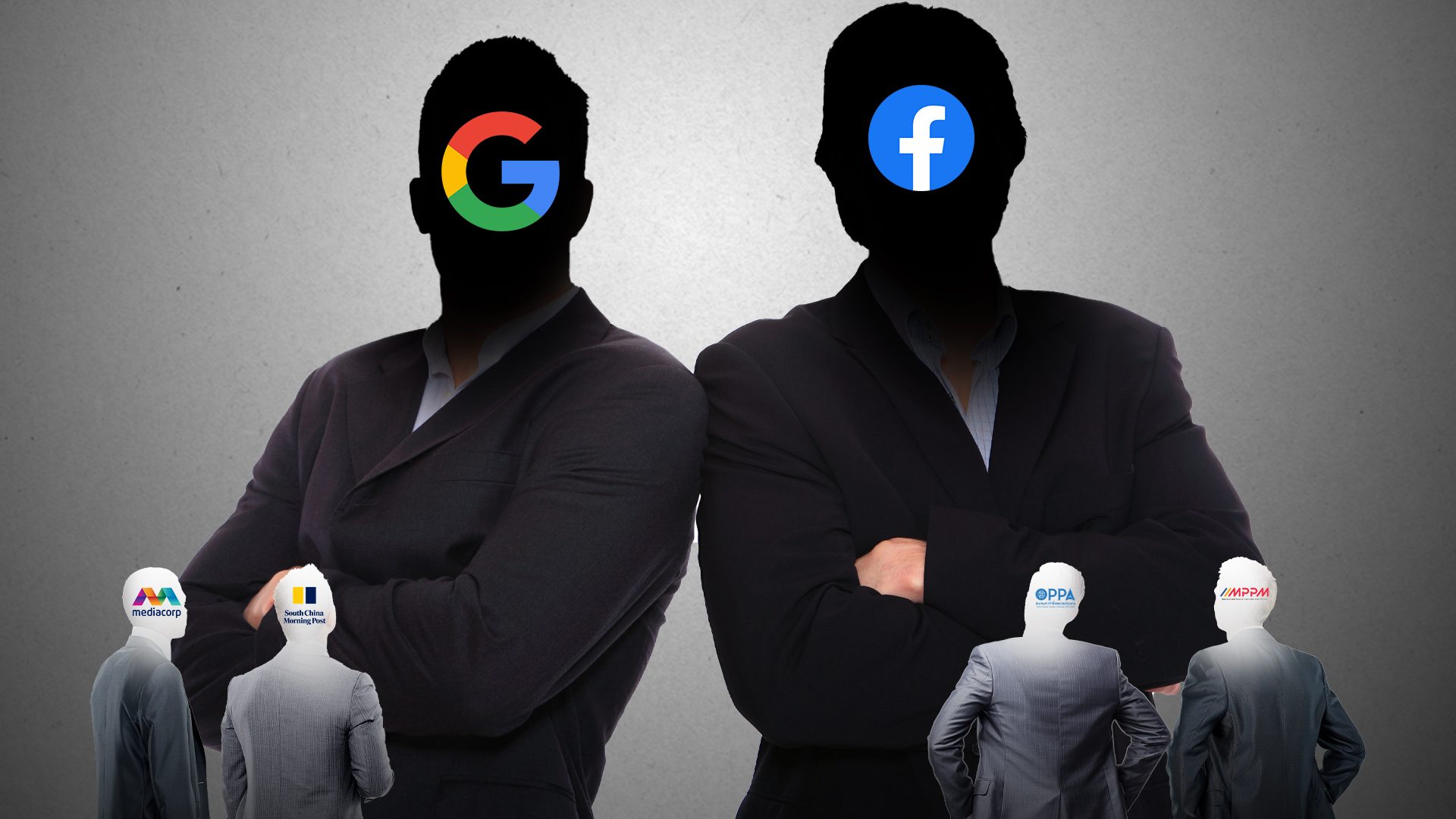
To push back against Facebook and Google, Asia Pacific publishers have joined forces to reclaim digital advertising reach and revenue. But will they succeed against big tech?
Publishers created several country-wide and regional associations or consortia, where members pool their audiences into one large audience to rival tech giants’ reach and scale in their respective nations.
These cooperatives, through a platform, also offer a one-stop-shop for advertisers. They also offer advertisers access to their audiences at just a few price points. Instead of seeking Google’s assistance to sell their content, these publishers can directly deal with advertisers.
One of the successful global media co-ops, Pangaea Alliance, was launched in 2015. The group consists of some of the world’s largest publishers such as the Guardian, CNN, and Reuters, among others.
The alliance has over 220 million unique users and 3 billion monthly ad impressions.
While this initiative did not start in Asia, the region continues to enjoy thorough exploration, to date. The success rate, however, is inconsistent, with some Asia Pacific alliances failing.
So far, there have been at least 8 publisher co-ops, consortia, or associations in Asia-Pacific:
- Singapore Media Exchange (SMX), formed by the two biggest publishers in the country: MediaCorp and Singapore Press Holdings
- Malaysia Premium Publishers Marketplace (MPPM)
- AMP (Malaysia), Asia’s by-invitation marketplace for premium inventory
- Thailand’s Online Premium Publishers Association
- New Zealand’s Kiwi Premium Advertising Exchange (KPEX)
- Japan’s Delta Publisher Alliance
There have also been attempts to start a publisher co-op in Indonesia in 2018.
At least two alliances have already failed, including KPEX which had the most promise at the start.
Tech, publisher ties
The dominance of Facebook and Google has hit the world of publishing and news, where tech giants’ monopoly on third party content is siphoning ad revenue away from online content providers.
Scale is the main reason these companies dominate, with both Google and Facebook having a huge user base, which keeps on expanding as they acquire more businesses.
For tech giants, their lines remain the same: They are allies of the news and publishing industry, helping them grow their businesses through ads and increased audience, among others.
Multiple countries have tried to push big tech to pay news publishers for using their content.
For the longest time, Facebook and Google have strongly opposed these moves. But recently, after much public outcry, they launched programs that will pay select publishers.
As news groups innovate, Facebook and Google have been trying to give support for local newsrooms.
Pitfalls, challenges
Bringing together competitors in a highly competitive industry is no easy task. But with bigger common enemies, publishers saw it best to unite.
Among the challenges that these co-ops or consortia faced were lack of digital expertise, changes in management, disagreements on revenue-sharing, and granting competitors access to their inventory and data, among others.
KPEX, established in 2015, announced its shutdown in August 2019, shocking the industry as KPEX was deemed successful.
The alliance – which had 74 sites in its network and had a 75% audience reach in New Zealand – ended after Stuff, one of its huge partner publishers, left.
At the time, Stuff felt it was putting in a lot of ad supply – around 60% – which they could then monetize on their own.
Rappler talked to Shawn Lim, Singapore-based multimedia reporter of international marketing website The Drum. Lim has closely followed the issue for the last 3 years.
“In KPEX’s situation, Stuff pulled the plug because it was not keen to continue sharing revenues with its competitors as it contributed to a majority of KPEX’s ad supply,” Lim told Rappler.
“This led Stuff…to believe that its sales team could monetize Stuff’s inventory better than KPEX and that the publisher would be better off going at [it] alone,” he added.
Even SMX, which continues to be operational, has issues with its management’s expertise, Lim said.
“People on the SMX board are not experienced in digital advertising or come from the traditional print background. Hence, they do not know how to fully monetize the inventory,” Lim said.
This has prompted Singapore Press Holdings, one of the two publishers in SMX, to partner with Google to grow its own digital advertising revenue, hunt for subscription audiences in new platforms, and develop its digital video content business.
The case in Malaysia
In 2018, Malaysia had its first publisher co-op called Malaysia Premium Publishers Marketplace (MPPM), which had 9 publishers: the Star Media Group, Sin Chew, Utusan Malaysia, Kosmo, China Press, Guang Ming Online, Nanyang, Sinar Harian, and The Edge.
It was dissolved just after two years, in early 2020.
Keu Tien Siong, former MPPM chairperson, told Rappler that its executive committee and members “had different opinions on whether to work closely or against global tech giants.”
Another challenge, he said, was the fast turnover of their member-companies’ executives. It made implementation of strategic and continuity plans more difficult.
“Most of the media companies changed bosses almost every year due to financial distress. The new boss had different opinions on where they want to go,” Keu told Rappler in an online interview.
But it was good while it lasted, at least in terms of uniting publishers in a common goal.
“But time is not on our side. We didn’t have the luxury of waiting. Every business manager has to answer to their boss, and have to meet their KPIs (key performance indicators),” Keu said.
Keu said the Malaysia Newspaper Publishers Association has filed a complaint before the competition commission against Google and Facebook’s “abuse and monopoly” – something done by publishers in other countries.
The way forward: A regional alliance in Asia?
Some media co-ops are now expanding their reach and membership outside their respective countries.
Take the case in Singapore. SMX, with the partnership of two of its biggest publishers, captures at least 80% of the audience.
But in a small country, Lim said, “there is only so much audience that advertisers can target, when Southeast Asia and Asia Pacific in general is so diverse.”
SMX expanded to the region and now boasts of regional media and marketplace partners, including GMA New Media in the Philippines; Viu in Singapore, Thailand, and Philippines; Carousell in Singapore; and Sanook in Thailand, among others.
In May 2019, former SMX CEO Hari Shankar said this will propel the alliance towards “a strong regional offering.”
For its part, GMA New Media chief operating officer and president Judd Gallares had said joining the alliance “will be instrumental to achieving [their] goals in terms of revenue targets, market penetration, and cost efficiency.”
Another player that is likely to join the field is Hong Kong-based South China Morning Post. Like Singapore, Hong Kong has a small market. It is still unclear whether SCMP would create a separate regional alliance or not.
Ian Hocking, SCMP vice president for digital, said in a Campaign Asia article that SCMP is “uniquely placed to drive this in Asia,” owing to its regional scale and ties with publishers and industry groups.
With advertising woes and the coronavirus pandemic, Hocking said it is now time for media companies in Asia to unite.
But with competing interests and strategies, can Asia Pacific publishers accomplish this? Can they learn from the mistakes of failed alliances and look beyond competition?
“In moments of adversity you galvanize together, and you can do things that might have otherwise seem difficult to accomplish because there’s overwhelming requirements to find a solution,” said Hocking.
Ultimately, there has to be a total change in mindset to put up a fight against the tech giants, given their scope, resources, and advantage. – Rappler.com
Add a comment
How does this make you feel?



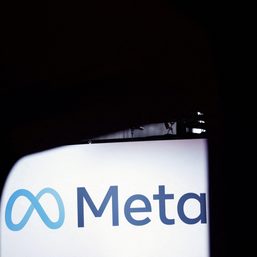
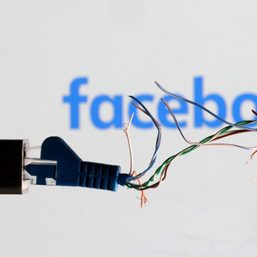


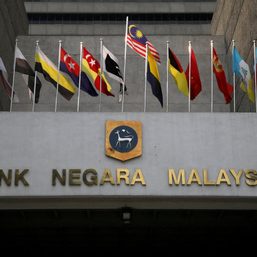


![[Rappler Investigates] Dangers of TikTok](https://www.rappler.com/tachyon/2024/04/dangers-tiktok-april-18-2024.jpg?resize=257%2C257&crop=309px%2C0px%2C1080px%2C1080px)
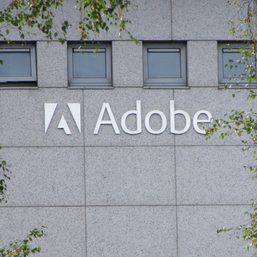
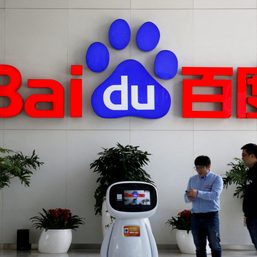
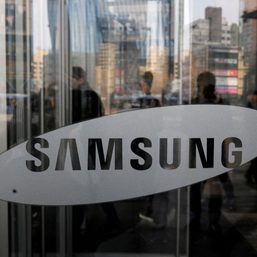
There are no comments yet. Add your comment to start the conversation.